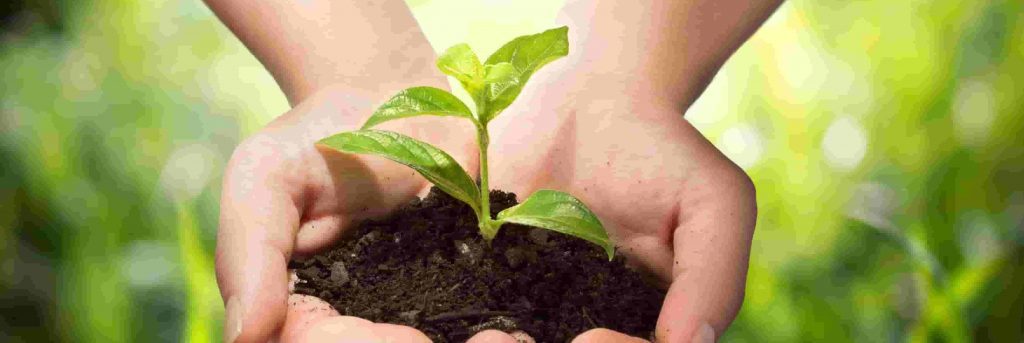Columbia Outlines Future Agriculture Challenges, Solutions

Columbia Business School recently discussed the upcoming agriculture challenges all of us are set to confront during the global food-shortage crisis experts project will hit us within the next few decades.
By 2050, reports indicate that agriculture will have to ramp up production by an astonishing 70 percent in order to keep up with the nine billion and counting global population. There are certainly solutions in the pipeline, ranging from big data, urban agriculture and GMO-free farms to curbing waste and synthetic foods. But it appears it’s not solutions we lack but rather the means to ignite a massive cultural shift to actually implement them, particularly among the few “big ag” corporations that exert control over production of the world’s food.
The article argues that big data will be crucial to overcoming this impending food-shortage crisis. Gro Intelligence, an agricultural analytics firm founded by Columbia’s Sara Menker ’12, Sweit Ahderom ’05 and Nemo Semret ’99 SEAS to close gaps within production and distribution inefficiencies that “create barriers to investment.” Gro Intelligence’s flagship software Clews generates “user-friendly analytics and visuals to represent the most extensive collection of agricultural data available in a single product.” Clews “taps into a wide array of data, such as crop production, weather, climate trends, soil conditions, infrastructure and consumption patterns.”
Vertical farming is another potential solution on the rise. Co-founded by Marc Oshima ’97 and David Rosenberg ’02, Newark, New Jersey-based AeroFarms “produces leafy greens that thrive in a high-tech production method that doesn’t require sunlight, soil or pesticides.”
AeroFarms “mists water and nutrients onto the plants, which grow atop reusable cloths under LED lights in spacious warehouses.” The company’s method requires 95 percent less water “yet produces yields 130 times that of conventional farming, since they can grow and harvest all year in the climate-controlled environment.”
When it comes to food shortage, meat is a major concern. Beef consumption slated to nearly double by 2050. According to a 2016 World Resources Institute working paper, “beef production requires 20 times the land needed for plant-based proteins like beans,” while the “livestock industry generates more greenhouse gas emissions than the entire global transport sector.” No one is more aware of this pressing issue than Ethan Brown ’08, whose Manhattan Beach, California company Beyond Meat produces “high-tech meat substitutes” using a heating, cooling, and pressure process to transform plants like pea and soy.
Waste is another enormous obstacle in the food shortage crisis and perhaps the most complex to solve. The U.N. says a third of the food produced–1.3 billion tons–never gets eaten. But negotiating the waste issue will require help from all sides of the equation: technological innovation, environmental mitigation and a change in habits of consumption. And in what the article describes as potentially “the greatest test of human will and ingenuity … a sustained global effort to thoroughly understand and address climate change.”
